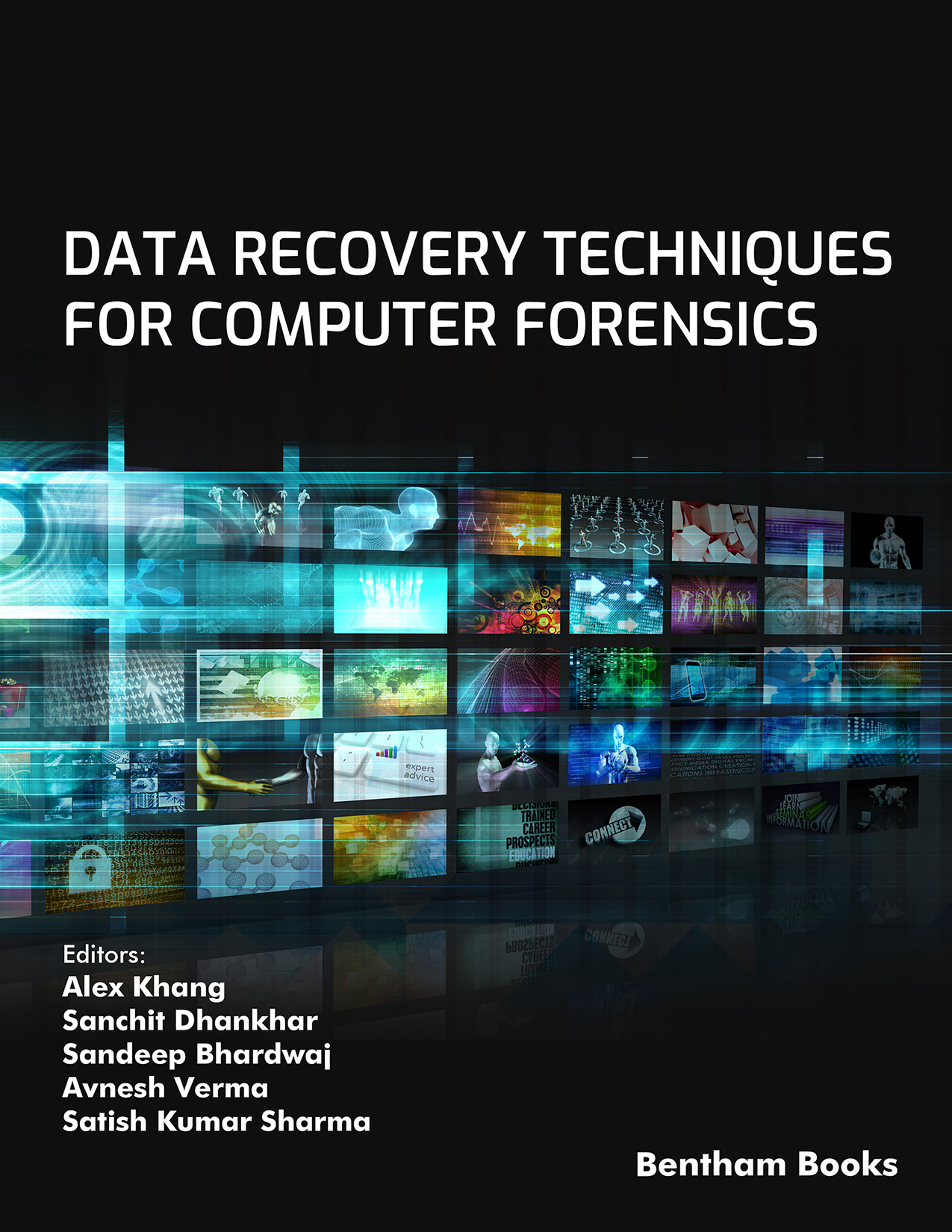Introduction
Data Recovery Techniques for Computer Forensics is a practical and comprehensive reference designed for professionals, students, and researchers in digital forensics, data recovery, and information security. This handbook provides clear, structured guidance on essential principles and practical techniques for recovering lost or compromised digital data in forensic investigations.
The book begins with the fundamentals of data recovery and examines the major causes of data loss, including software errors and hardware failures. It then explores contemporary data protection technologies and delves into the structure and organization of hard disks, laying a solid foundation for understanding data storage systems.
Specialized chapters cover the recovery and management of various file systems, including FAT16, FAT32, and NTFS, along with methods for partition recovery and an introduction to dynamic disk management. The final section introduces essential data security software used to protect and recover digital information.
Key Features:
- - Covers basic and applied data recovery concepts for forensic applications
- - Explains causes of data loss and modern data protection technologies.
- - Detailed chapters on hard disk structure, data organization, and partition recovery.
- - Practical guidance on managing and recovering FAT16, FAT32, and NTFS file systems.
- - Introduces dynamic disk configurations and essential data security tools.
Readership
Forensic analysts, IT professionals, forensics trainees, students, and researchers

